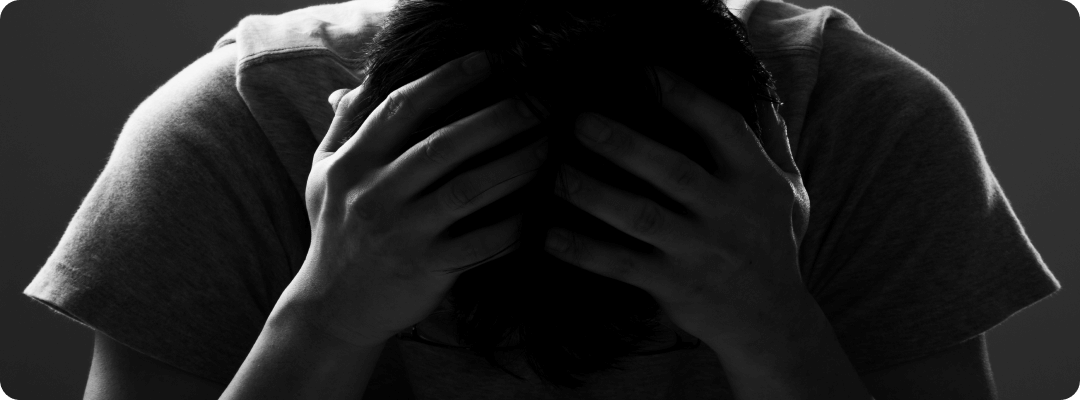
Understanding Co-occurring Disorders
Co-occurring disorders, also known as dual diagnosis, refer to individuals experiencing both a substance use disorder and a mental health condition simultaneously. These conditions often intertwine, with substance abuse frequently used as a means to cope with symptoms of mental illness such as anxiety, depression, or PTSD.
Historically, treatment for substance abuse and mental health issues occurred separately, leading to increased risk of relapse. Through extensive research and practice, professionals now recognize the necessity of integrated treatment approaches to achieve sustained sobriety and mental wellness. Silver Linings Recovery Center’s co-occurring treatment centers in Bucks County, PA and Mercer County, NJ provide comprehensive services tailored to address these complex needs.
Co-Occurring Disorder Treatment Services
Navigating co-occurring disorders presents unique challenges in addiction recovery. Individuals facing dual diagnosis typically self-medicate to alleviate symptoms of underlying mental health disorders, inadvertently developing a separate addiction issue.
At Silver Linings Recovery Center, regardless of whether a co-occurring disorder is present, we are equipped to initiate your path to recovery. Common mental health conditions that can co-occur with addiction disorders include PTSD, OCD, anxiety disorders, bipolar disorder, depression, schizophrenia, and codependency.
Getting a Comprehensive Psychiatric Evaluation
Central to our co-occurring treatment approach is an accurate psychiatric assessment. Our skilled assessors conduct thorough evaluations to identify existing mental health symptoms and potential barriers to recovery. This meticulous assessment ensures that all underlying mental health disorders are identified, enabling us to tailor effective treatment plans.
The Importance of Professional Assessment
Effective treatment begins with a precise understanding of each client’s needs. Our expert assessors thoroughly evaluate individuals to determine the most suitable holistic treatment plan, essential for initiating a sustainable recovery journey.
Medication Management for Dual Diagnosis
Managing medications is a critical aspect of co-occurring treatment services. While we do not alter psychiatric medications without proper medical guidance, our center educates clients on medication management strategies. From establishing consistent dosing schedules to addressing challenges like forgetting doses, our goal is to empower individuals to manage their medications effectively in their daily lives.
Medication-Assisted Treatment for Addiction
Distinct from medication management, Medication-Assisted Treatment (MAT) involves using medications to support addiction recovery. MAT helps individuals manage withdrawal symptoms and reduce cravings, supporting a smoother transition to sobriety.

Understanding Trauma’s Role in Substance Abuse
Traumatic experiences often precipitate substance abuse as individuals seek relief from psychological distress. Events like physical or sexual abuse, wartime trauma, or near-death experiences can trigger the need to self-medicate. At Silver Linings, we prioritize trauma-informed care, utilizing therapeutic approaches to help clients process and heal from traumatic experiences, a vital step towards sustainable recovery.
Trauma-Informed Care at Silver Linings
Trauma-informed care involves specialized approaches designed to support individuals with histories of trauma. Recognizing that trauma manifests differently in each person, we tailor our treatments to address these unique needs, fostering a supportive environment conducive to healing.
Common Questions about Co-Occurring Disorders
Will Treating My Addiction Disorder Improve My Mental Health Condition(s)?
Effective treatment must address both addiction and underlying mental health conditions comprehensively. Solely focusing on addiction may leave underlying mental health issues untreated, perpetuating the cycle of self-medication and increasing the risk of relapse.
The Risks of Misdiagnosis in Co-occurring Disorders
Misdiagnosing mental health conditions can exacerbate issues, particularly in the context of addiction. Symptoms of mental illness can overlap or be masked by substance abuse, complicating accurate diagnosis and treatment planning. It underscores the importance of seeking assessment from qualified mental health professionals adept at diagnosing co-occurring disorders.
The Impact of Correct Medication Use on Recovery
Choosing the appropriate medications is crucial in dual diagnosis treatment. Improper medication can hinder progress or exacerbate symptoms. At Silver Linings, our integrated approach ensures that medication decisions consider both addiction recovery and mental health stabilization, supporting holistic healing.
Finding Treatment
Seeking treatment for dual diagnosis is pivotal for individuals navigating co-occurring mental health and substance use disorders. At Silver Linings Recovery Center, we offer compassionate, comprehensive dual diagnosis treatment designed to address the complexities of these intertwined conditions. Our commitment is to provide a safe, supportive environment where clients can achieve lasting recovery and mental wellness. Contact us today to learn more about our dual diagnosis treatment program and embark on your journey towards a healthier, more fulfilling life.